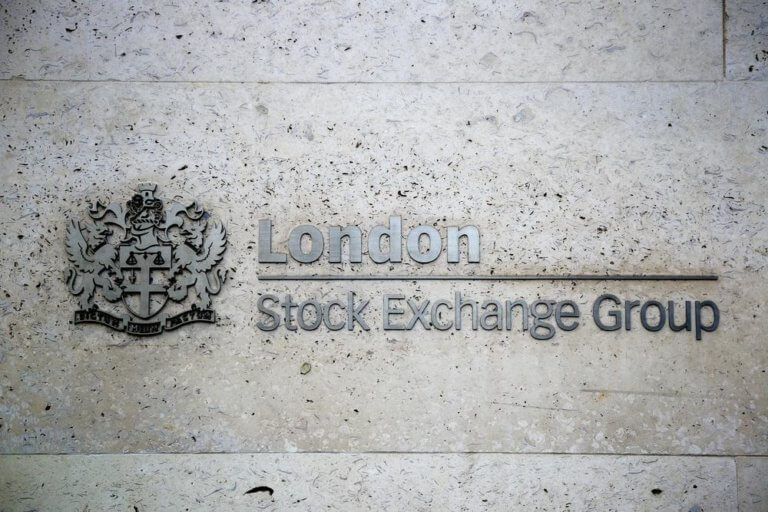Inward investment projects into the UK rose by 15% last year, as it retained its position as Europe’s number one destination for global investors while simultaneously increasing its market share.
The 799 projects were the highest number ever secured by the UK according to professional services firm EY’s annual UK Attractiveness Survey.
The overall European market grew by just 4%, meaning the UK secured one-fifth of all European projects, close to its record high over the past decade. Its performance saw the UK extend its lead over second-placed Germany as a Foreign Direct Investment (FDI) destination, as both countries pulled away from the remainder of Europe.
The UK has also moved from eighth to fifth in the worldwide ranking of countries investors regard as attractive for FDI over the next three years – its highest ever position – overtaking Germany for the first time. Only China, the United States, India and Brazil are ahead of the UK.
Steve Varley, EY UK&I chairman and managing partner, said: “The UK’s performance was nothing short of stellar and was achieved against the backdrop of more modest increases across Europe. The message that the UK is open for business is being received loud and clear by international investors, but as the global economy evolves, the UK must continue to respond in order to stay ahead.
“With intra-European FDI increasing and almost two thirds of our survey respondents identifying the UK as a gateway to Europe, clarification on the UK’s relationship with the wider continent is essential.”
The UK was the clear leader in attracting projects in the knowledge industries. Software investments surged by more than 50%, meaning the UK secured more than a third of all projects in what is now Europe’s largest FDI sector.
It also attracted 52 research and development (R&D) projects. That was 20% more than Germany, giving the UK a Europe leading market share of 18% R&D FDI. The UK also led the way on headquarters, contact centres, logistics, international distribution centres and sales & marketing projects.
Mark Gregory, EY’s chief economist, said: “The UK’s success in attracting R&D and HQ investments reflects the positive impact of initiatives to reduce corporation tax and incentivise R&D investment via the Patent Box.
“It would be sensible to consider approaches that have the potential to strengthen the UK’s appear for other types of project as we look to the future of UK FDI.”
























